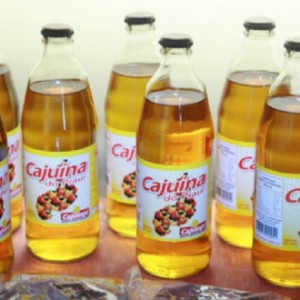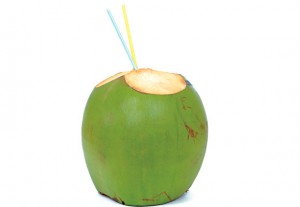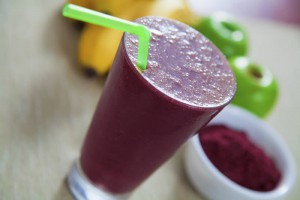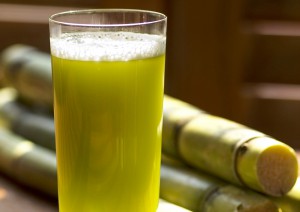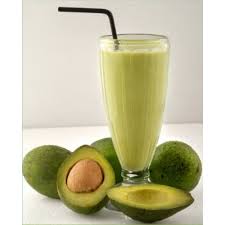Brazilian Drinks – Part II Posted by carol on Jan 30, 2016 in Brazilian Profile, Culture, Customs, Vocabulary
While northern countries may be currently experiencing the chilly winter weather, Brazilian summer is in full steam. As we all know, it’s important to keep cool and hydrated when it’s hot, and there is a great variety of typical Brazilian beverages to help you with that. Last month I wrote about our most famous alcoholic drinks, so today we’ll focus on non-alcoholic options to freshen up your day.
Cajuína
Very traditional in the northeastern region of Brazil, Cajuína is a type of artisanally-produced clarified suco (juice) made from cashew, with no açúcar (sugar) or chemicals added. The bebida (drink) has a sweet taste and golden color and is considered a symbol of our culture, having been adopted as part of our historic heritage. Even Brazilian singer Caetano Veloso famously wrote a música (song) named after it.
Guaraná
The Guaraná is an eye-shaped fruit from the Amazon. Though the juice feito (made) from its seeds is widely appreciated, guaraná is most commonly consumed as a carbonated refrigerante (soft drink), which is one of the best-selling sodas in the country. Since it is more rich in caffeine that café (coffee) itself, the drink is considered to be a natural stimulant and an energy booster.
Água de Coco – Coconut water
Ever-present at the praias (beaches), coconut water straight out of coconuts é vendida (is sold) all-across the country by street vendors as a major escolha saudável (healthy) choice for a thirst-quencher. It consists of the clear, sweet tasting liquid encontrado (found) in green coconuts. The nutritious beverage contains natural sugars and some important minerals and vitamins, like potassium, besides being relatively baixo (low) in calories.
Suco de açaí – Açaí juice
The pequena (small) purplish berry known as açaí is popular for its culinary uses in the North, though it gained popularity and is very frequently consumed as a frozen paste or a drink. Appreciated for its high energy value, the berry also offers numerous health benefits, containing many vitamins and antioxidants that can boost your immune system. Apesar (Despite) these claims, it is important to note that açaí juice is packed with calories and has a high fat content (good fat, though).
Caldo de cana – Sugarcane juice
One gole (sip) of this drink is suficiente (enough) to give you an instant sugar high. Caldo de cana -or garapa- is a liquid extracted from the sugar cane, composed basically of água (water) and sucrose, which explains its distinctively doce (sweet) signature flavor. Though sugary in taste, the drink is hugely nutritious and a great source of vitamins and antioxidant. A cold, fresh glass of this beverage in a hot summer day is great for hydrating your body.
Vitamina de Abacate – Avocado Smoothie
Though in some countries avocado might be strongly associated with salty foods, the proper maneira (way) to consume avocados here is as a sweet ingredient. The popular avocado smoothie is a favorite among Brazilians and a regular part of our diets. It essentially consists of a shake that blends leite (milk), slices of avocado and sugar. Além do mais (Besides), avocados have plenty of anti-inflammatory and anti-cancer benefits, making for a satisfying and healthy café-da-manhã (breakfast).
Ficaram com sede? (Did you get thirsty?)
Stay fresh!

Build vocabulary, practice pronunciation, and more with Transparent Language Online. Available anytime, anywhere, on any device.



